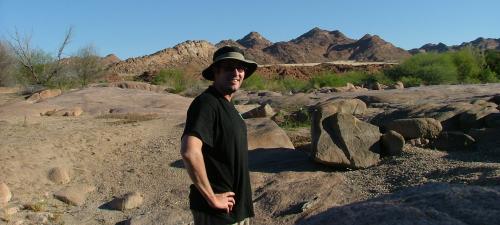 |
| http://www.tovarcerulli.com/ |
But in those same crop fields, I also saw missing forests and prairies. In tofu, I saw the rifles and shotguns used to plug deer in soybean fields. In grains, I saw the birds, mice, and rabbits sliced by combines. In cabbage, I saw caterpillars killed by insecticides, organic or not. I salad greens, I saw a whitetail cut open and dragged around the perimeter of a farm field, the scent of blood warning other deer not to eat the organic arugula and radicchio destined for upscale restaurants and grocery stores in San Francisco. In Joey’s kale and berries, I saw smoke-bombed [woodchuck] burrows.
Even in the vegetables from our garden –broccoli and green beans, lettuce and snap peas – I saw the wild grasses we uprooted, the earthworms we chopped with our shovels, the beetles I crushed between thumb and forefinger, the woodchucks I shot, and the dairy cows whose manure and carcasses fed the soil. In my own life and in the lives around me – heron and trout, hawk and hare, coyote and deer – I saw that the entire living breathing, eating world was more beautiful and more terrible than I had imagined. Like Richard, I saw that sentient beings fed on sentient beings”. Pgs246/7.
The above passage, for me, is an appropriate précis of the overarching lesson conveyed in Tovar Cerulli’s well written and though provoking book – The Mindful Carnivore. Through the personal narrative of his conversion from vegan to hunter, Cerulli paints a coherent picture of the ethical and biological rationale for this seemingly about-face decision. What appears to be a transition between incompatible beliefs is shown to be the outcome of the same path to environmental enlightenment.
By choosing veganism the author originally intended to live a low impact life and to minimise, as far as possible, suffering and environmental degradation caused by his diet; no longer would his food choices result in the deaths of sentient non-humans. After a series of lessons he is forced to acknowledge the ecological web far larger than the simple linear flow of calories from production to his personal consumption. Becoming acutely aware of the far larger food web in which he is unwittingly involved, he chooses to embrace his trophic reality, for numerous reasons, and return to eating animals; a return to omnivory with compassion, honesty, education and the desire to be a responsible participant.
Far from being a simple autobiography of his life choices, the author weaves into his story the influences of role models, family and friends. He augments the personal admissions with questions about emotion, respect, politics and the social identities of hunters and vegans. Useful facts and figures about relevant environmental phenomena, the histories and geographies of hunting, wildlife management and industrial land use changes are used throughout. I like how he reminds us of our individual contributions to environmental change (without ever sounding condescending) as well as how he addresses the ‘fantasies’ many of us may harbour about our role with other creatures. Fantasies that construct beliefs about our relationships with animals and the environment that suit our sense of ethical contentment, rather than enlighten and inform us.
I won’t give too much away, suffice to say that anyone with an interest in environmental ethics, food choices, hunting, vegetarianism and wildlife, should read this book.
“The Mindful Carnivore: A Vegetarians Hunt for Sustenance” By Tovar Cerulli. Pegasus Books ISBN 978-1-60598-277-9
Author's website: http://www.tovarcerulli.com/

No comments:
Post a Comment